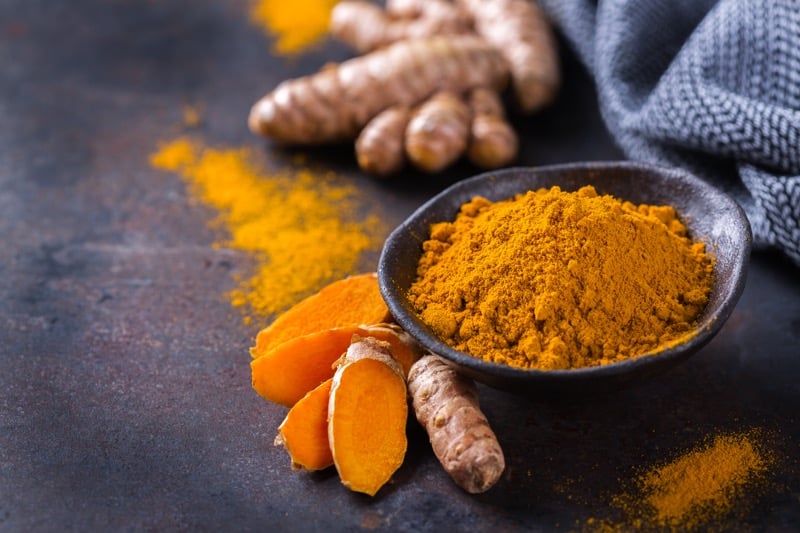Turmeric

Curcumin, a substance found in turmeric, can be anti-inflammatory, antiviral, and antibacterial. It is helpful for several ailments, including dry cough. Science has recently begun to support historical assertions that turmeric contains substances with therapeutic effects. These substances are known as curcuminoids. Curcumin is the essential one.
The usage of the turmeric plant for medical purposes dates back over 4000 years. Turmeric is the main spice that is also a part of religious rites in Southeast Asia. Due to its beautiful yellow hue, turmeric is called “Indian saffron.”
Over 3,000 papers on the topic have been published in the previous 25 years, indicating that modern medicine has started to understand its significance. In Ayurvedic medicine, turmeric has long been used to treat bronchitis, asthma, and upper respiratory illnesses.
When consumed with black pepper, curcumin is more effectively absorbed into the bloodstream. One teaspoon of turmeric and one-eighth of a teaspoon of black pepper can be added to a chilled glass of orange juice. It can also be brewed into hot tea.










